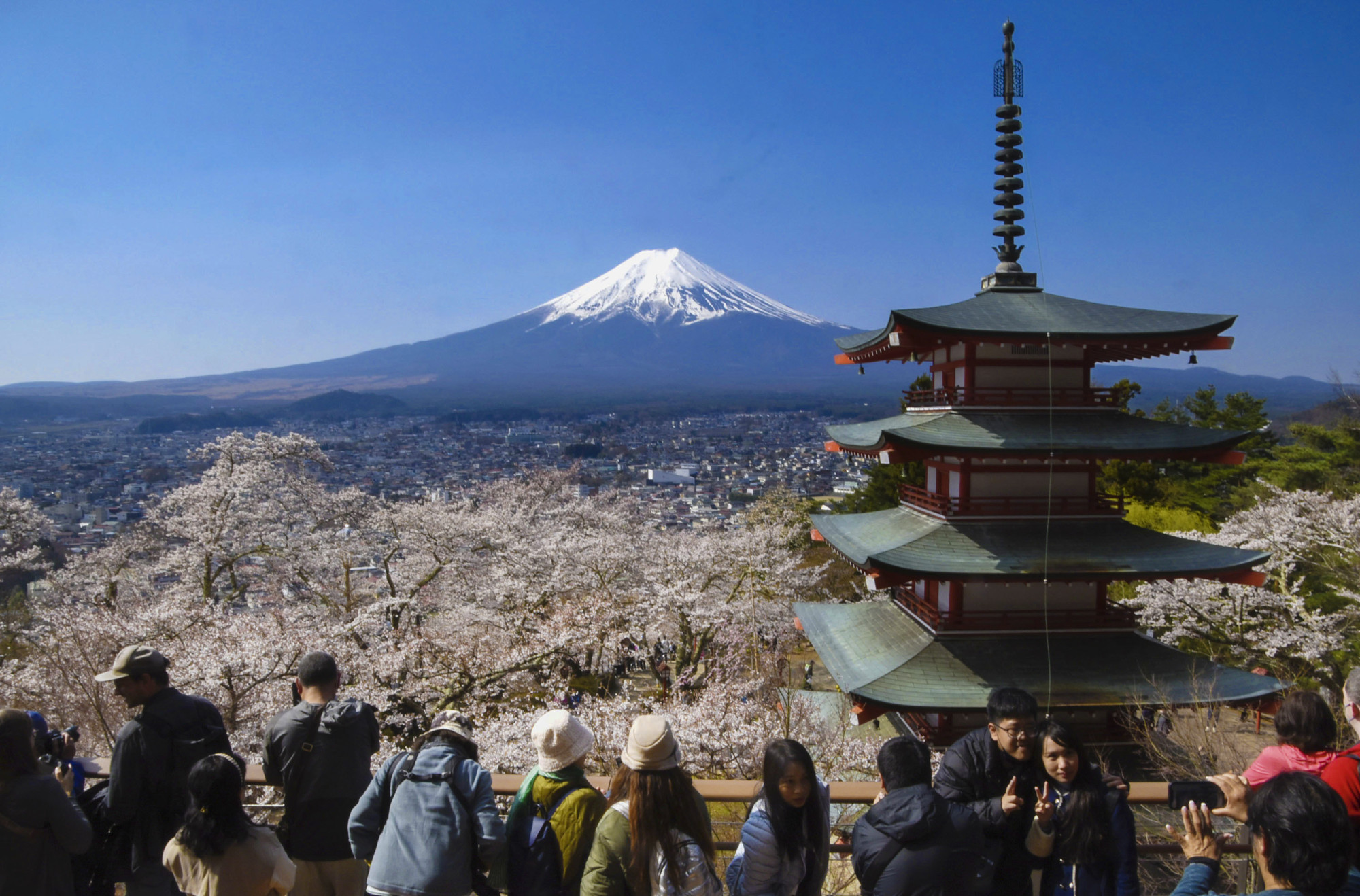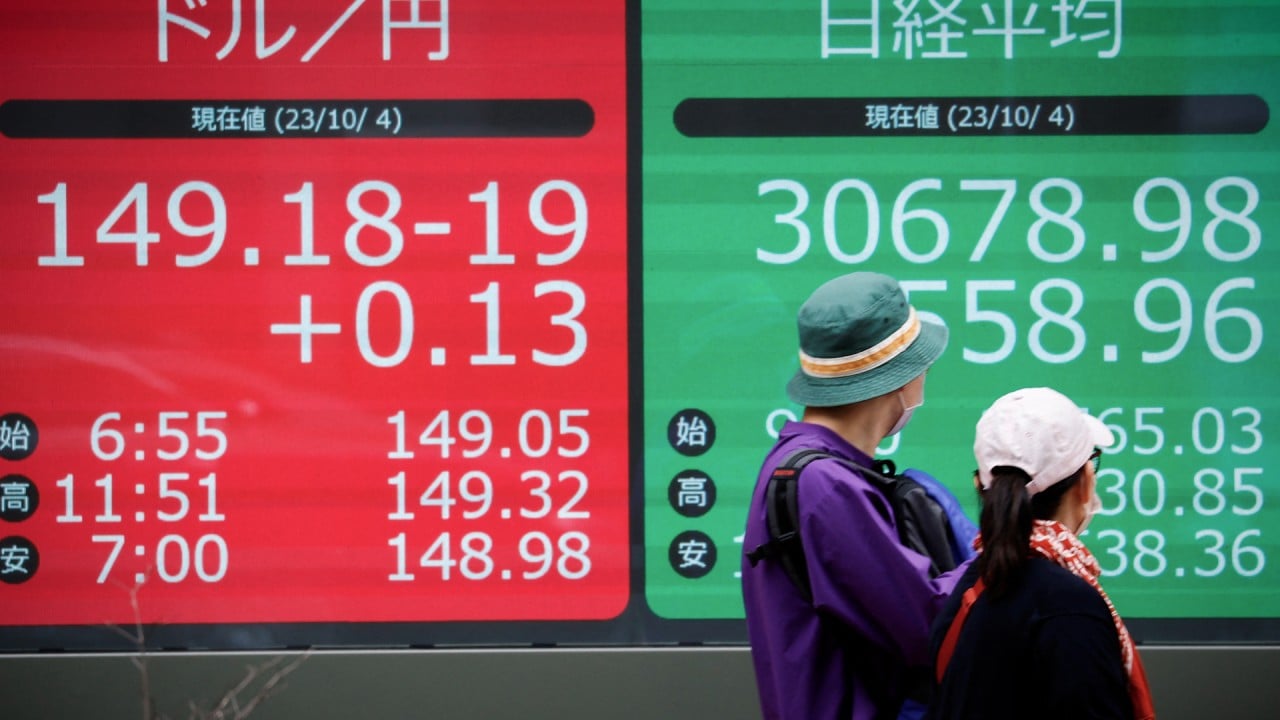South Korea’s ‘fake news’ clampdown has ‘chilling effect’ on free press: critics
South Korea’s ‘fake news’ clampdown has ‘chilling effect’ on free press: critics
The yen dropped to its lowest against the won since 2008 on November 16. While it has gained nearly 3 per cent from that low, it is still down 9 per cent this year.
Park says she is willing to put a further 3 million won (US$2,303) into the yen if the Japanese currency keeps weakening.
The optimism reflects expectations that Japan’s central bank will soon start raising interest rates. As much of the rest of the world tightened policy in a bid to tame inflation, Japan went the other way, keeping its policy rate below zero to spur further price rises in an economy that had been beset by deflation.
Despite this cautiousness, South Korean retail investors still see opportunities in Japan. Improving relations between the two nations may partly explain the interest.
South Koreans bought the most Japanese equities this year since data became available in 2011. That can be another way to bet on the yen, as unhedged stock purchases benefit if the currency rises.
As South Korea plans dog meat ban, farmers threaten to release 2 million canines
As South Korea plans dog meat ban, farmers threaten to release 2 million canines
And inflows into a BlackRock Inc. exchange-traded fund that tracks long-dated Treasuries – but is priced in yen – quadrupled in the second quarter from the previous one.
South Korean tourists to Japan from January to September jumped almost five-fold from the same period last year, close to pre-Covid levels, while travels to other countries were seen still recovering, according to data from the Korea Tourism Organization. Direct purchases of Japanese goods have nearly doubled through the past three years of the yen’s relentless fall, while that of the US eased over the same period, according to the nation’s statistics office.
Lee Joon-gyu, 26, who works in interior design in Seoul, says travelling to Japan is now cheaper than going somewhere in Korea. He booked a trip to Nagoya on a whim just two weeks in advance, and plans to stock up on clothes and liquor while there. His 1 million won gave him 115,000 yen based on last week’s exchange rate. Just two years ago, the same amount of won would have handed him 96,000 yen.

For the yen investors, there is also hope things might change. Some investors expect the Federal Reserve to lower interest rates next year, which should help the Japanese currency. Growing inflation pressures in Japan are adding pressure on the Bank of Japan to end its ultra-loose monetary policy, which it kept unchanged last month. Its next policy decision is on December 19.
Pacific Investment Management Co., which manages nearly US$2 trillion of assets, is buying the yen on a bet the BOJ will have to raise rates.
“Inquiries on the yen at our sales desks have increased quite a lot,” said Moon Junghiu, an economist at KB Kookmin Bank, a South Korean lender.
And despite her yen investment not working out so far, Park, the retail investor, is not concerned.
If the Japanese currency does not rise, “I’ll just use it for my next trip to Japan,” she said.


